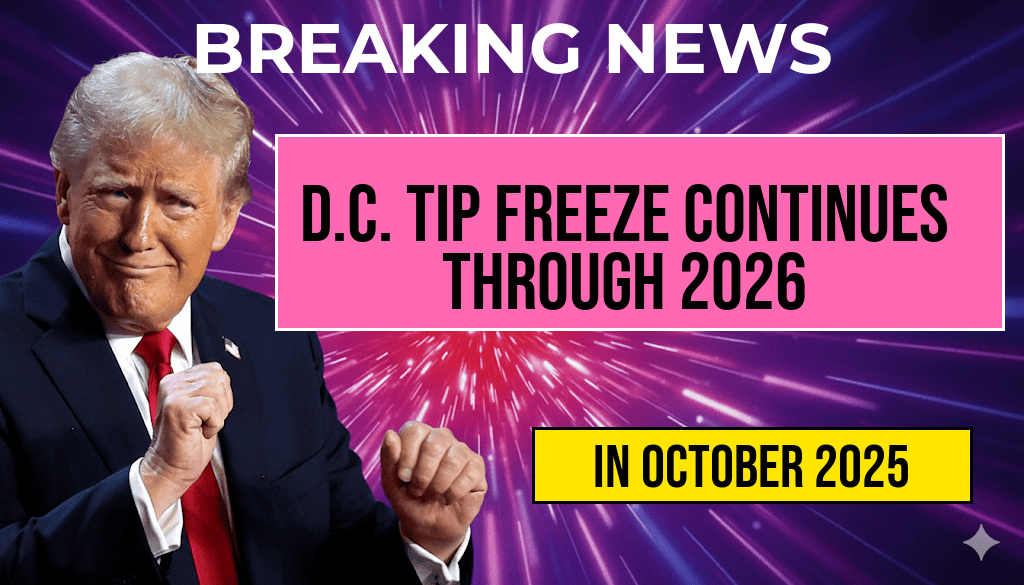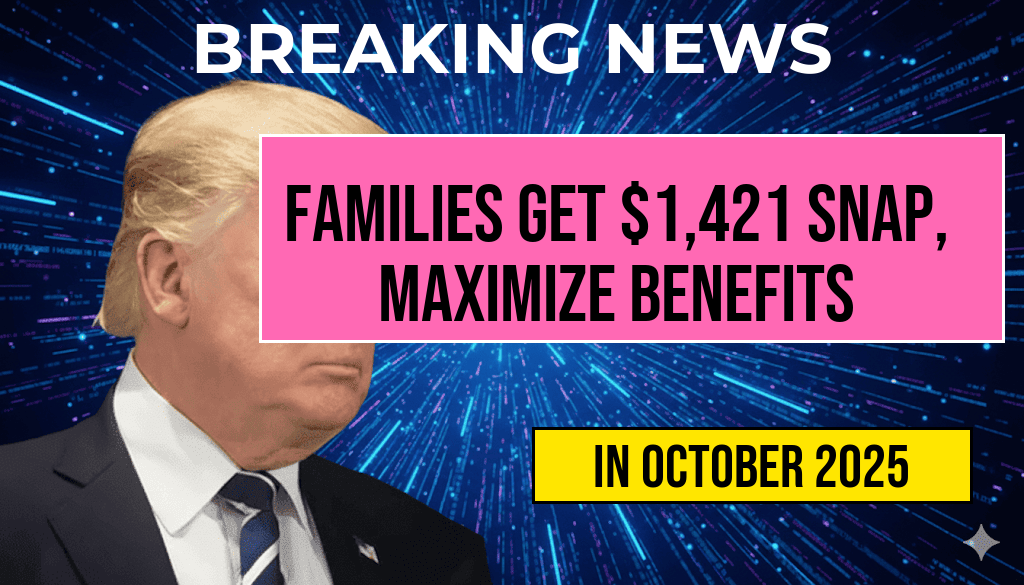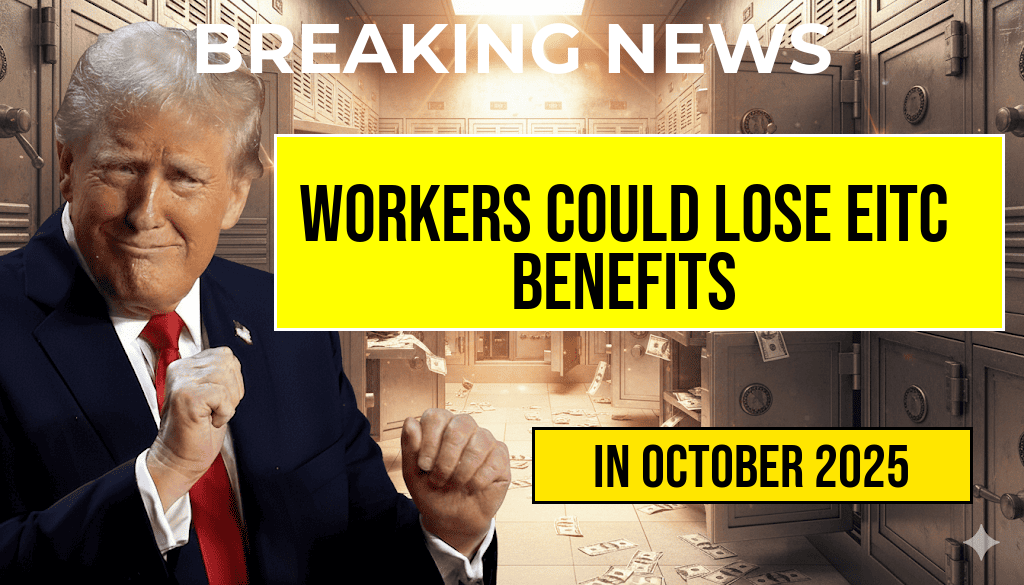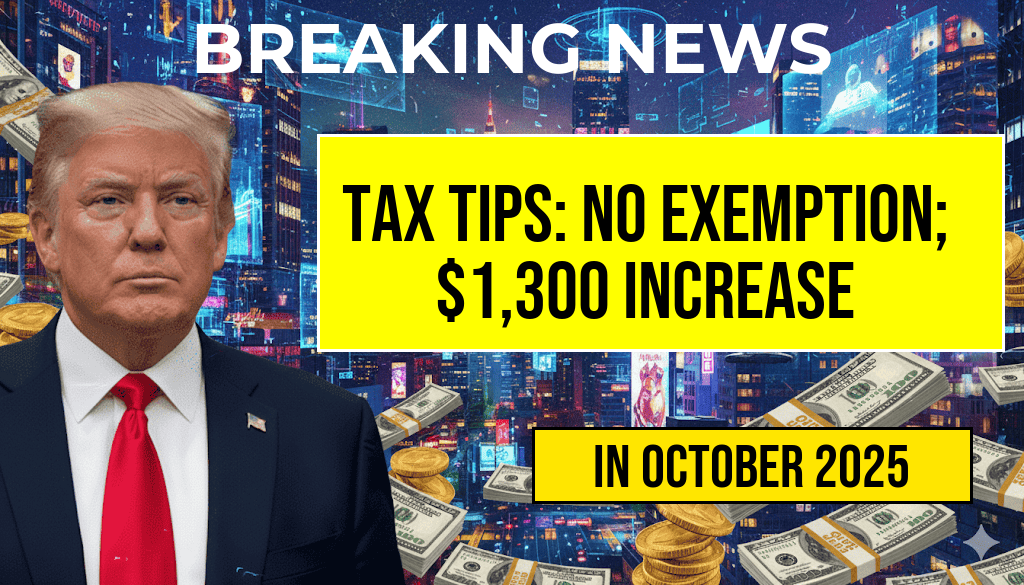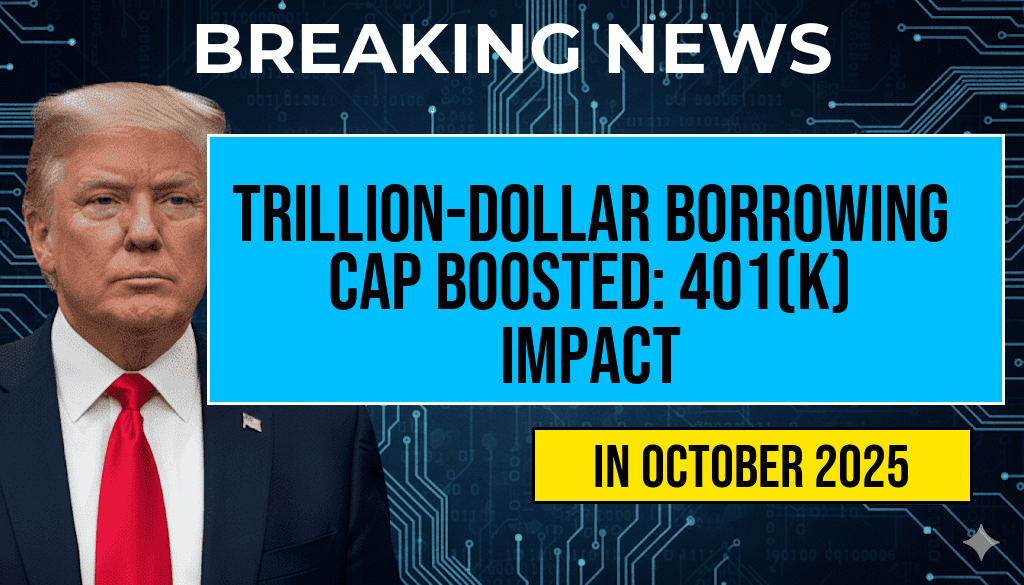The District of Columbia has announced a temporary tip freeze that will extend through July 2026, affecting thousands of service workers across the city. Under this policy, workers will continue to earn an hourly $10 tip rate without any scheduled base wage increase for the next three years. The decision has sparked ongoing debates among employees, business owners, and advocacy groups about fair compensation, economic recovery, and the city’s broader labor policies.
District officials stated that the tip freeze aims to stabilize the hospitality industry amid economic uncertainties while maintaining a consistent wage structure for employees who primarily rely on gratuities. However, many workers and labor advocates argue that stagnating wages, especially when inflation persists, undermines the financial security of frontline workers. As the city navigates a post-pandemic economic landscape, the policy draws scrutiny over whether it upholds workers’ rights or disproportionately favors business interests.
Background: How the Tip System Works in D.C.
In Washington, D.C., many service employees—including restaurant servers, bartenders, and hotel staff—depend heavily on tips as a significant portion of their income. The city’s wage laws permit employers to pay a lower base wage than the standard minimum, provided tips make up the difference to reach the minimum wage threshold. Currently, the $10 hourly rate for tipped workers has been in place since the city adopted its minimum wage laws, with periodic adjustments for inflation or economic conditions.
Until recently, some advocates called for a gradual increase in the base wage to reduce reliance on tips, arguing that it would foster greater economic stability for workers. Conversely, industry representatives have expressed concern that raising the minimum could lead to increased operating costs, potentially affecting employment levels and consumer prices. The decision to freeze the tip rate reflects a compromise amid these competing interests.
Details of the Tip Freeze Policy
| Parameter | Details |
|---|---|
| Tip Rate | Maintained at $10 per hour through July 2026 |
| Base Wage | No scheduled increase for tipped workers during this period |
| Effective Date | Immediately upon announcement, extending through July 2026 |
| Rationale | Stabilize industry and support economic recovery |
| Impacted Workers | Approximately thousands of tipped employees across D.C. |
Reactions from Stakeholders
Workers and Labor Groups
Many service employees and unions expressed disappointment with the extension, emphasizing that stagnant wages do not keep pace with inflation or rising living costs. Jessica Morales, a server at a downtown restaurant, stated, “It’s tough enough to make ends meet, and with no increase in sight, it feels like our hard work isn’t valued.” Labor advocates argue that the city’s decision undermines efforts to improve earnings stability for low-wage workers.
Business Community
Representatives from the hospitality sector welcomed the freeze, citing a need to control labor costs in a recovering economy. Tom Reynolds, president of the District Hospitality Alliance, commented, “Maintaining the current tip and wage structure helps small businesses stay afloat as they rebuild customer volume lost during the pandemic.” However, critics warn that such policies could exacerbate income inequality and discourage workforce retention.
Broader Implications and Future Outlook
The policy’s extension signals a cautious approach by city officials amid ongoing economic uncertainties, including inflation rates and the lingering impacts of COVID-19. While some argue that a tip freeze preserves jobs and keeps businesses competitive, others worry it could deepen economic disparities among service workers.
Labor advocates are calling for a reevaluation of the wage structure once the freeze concludes, urging policymakers to consider a gradual or scheduled increase in the base wage to better reflect cost-of-living adjustments. Conversely, industry representatives remain wary of abrupt changes that could destabilize the sector.
As the debate continues, the city’s approach may serve as a case study for other jurisdictions grappling with balancing economic recovery and fair labor practices. For more on labor law and minimum wage policies, visit Wikipedia’s Minimum Wage Law article or explore recent analyses on labor economics at Forbes.
Frequently Asked Questions
What is the D.C. Tip Freeze and how long will it last?
The D.C. Tip Freeze is a policy that maintains tipped workers’ hourly wages at $10 through July 2026, with no base wage increase scheduled for this year.
Will tipped workers receive a base wage increase in 2024?
No, under the Tip Freeze, tipped workers will not receive a base wage increase this year. Their wages will remain at $10 per hour until the end of the freeze period in 2026.
Why was the Tip Freeze implemented?
The Tip Freeze was implemented to provide economic stability for employers and workers amidst ongoing financial challenges in the hospitality and service industries.
How does the Tip Freeze impact workers?
The Tip Freeze ensures that tipped workers maintain their $10 hourly rate but means they will not see any base wage increases this year, which could affect their overall income growth.
What are the future plans after July 2026 regarding wages?
After July 2026, wage policies may be revisited, and wage increases could be considered based on economic conditions and legislative decisions. However, no specific plans have been announced yet.

